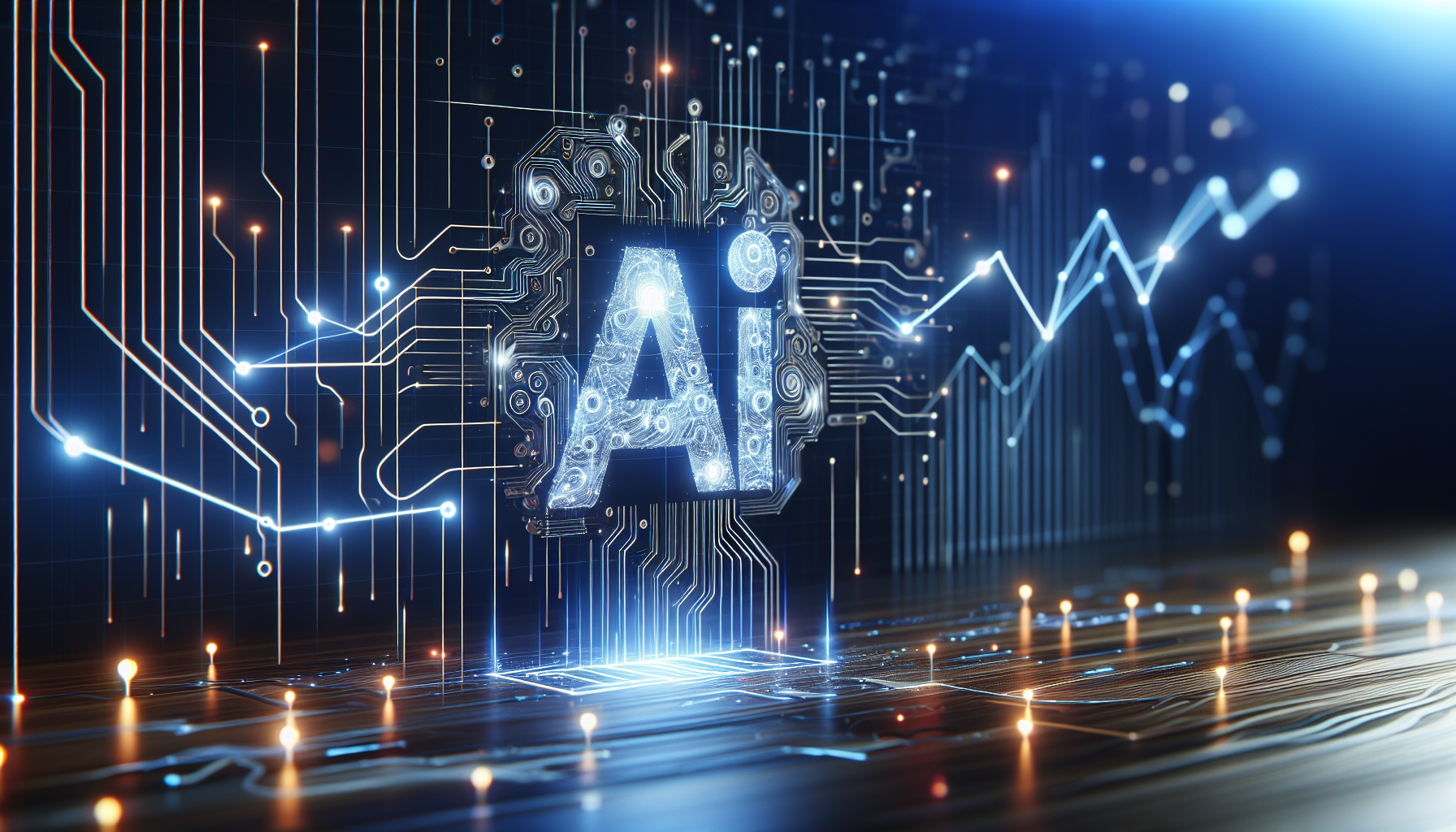
The Future of AI in Military and Defense: A Strategic Revolution in Warfare
October 13, 2025
Artificial Intelligence is not merely a tool of convenience; it is rapidly becoming an indispensable component of modern military strategy and defense. As nations around the globe invest in AI technologies, the landscape of warfare is poised to transform in unprecedented ways. The strategic implications of AI in military applications are profound, offering both opportunities and challenges that merit close examination.
Imagine a battlefield where autonomous drones relay real-time data to commanders thousands of miles away or where predictive algorithms anticipate enemy movements with uncanny accuracy. These scenarios are not distant fantasies but are gradually becoming the reality of modern military operations. The future of AI in military and defense is not just about advanced weaponry; it's a comprehensive overhaul of how wars are fought and won.
One compelling aspect of AI in military applications is its potential to revolutionize decision-making processes. In traditional warfare, decisions are often made based on limited information, with human error a constant risk. AI, however, can process vast amounts of data far more quickly and accurately than a human ever could. This capability enables military leaders to make more informed decisions in real time, potentially reducing the fog of war that has historically clouded military judgments.
Moreover, AI's predictive analytics can offer a strategic edge by identifying patterns and trends that human analysts might miss. For example, machine learning algorithms can analyze satellite images and social media activity to predict troop movements or identify supply chain vulnerabilities. Such capabilities could allow for preemptive actions that could alter the course of conflicts before they even begin.
However, the integration of AI into military operations is not without its ethical and logistical challenges. The prospect of autonomous weapons systems raises critical moral questions about accountability and the potential for unintended consequences. Who is responsible if an AI-operated drone mistakenly targets civilians? These ethical dilemmas are as significant as the technological advancements themselves and require careful consideration and international dialogue.
Another concern is the risk of an AI arms race, where nations compete to develop the most advanced AI technologies at the expense of global security. Such a scenario could lead to destabilization, as countries rush to deploy untested and potentially dangerous systems in an effort to outpace their adversaries. International cooperation and robust regulatory frameworks are essential to ensuring that AI enhances, rather than undermines, global stability.
Despite these challenges, the strategic advantages of integrating AI into military operations are undeniable. Enhanced cybersecurity, for example, is one area where AI can offer significant benefits. AI-driven systems can detect and respond to cyber threats in real time, providing a robust defense against increasingly sophisticated cyberattacks. This capability is crucial as digital warfare becomes an ever more prevalent aspect of modern conflict.
Furthermore, AI's role in logistical and supply chain management cannot be overstated. Efficient resource allocation is a cornerstone of military effectiveness, and AI can optimize these processes in ways that were previously unimaginable. By analyzing variables such as weather conditions, terrain, and troop morale, AI can anticipate logistical needs and streamline the delivery of supplies, thereby enhancing operational readiness and resilience.
The future of AI in military and defense is not solely about enhancing offensive capabilities. There is significant potential for AI to transform humanitarian efforts and peacekeeping missions. AI can assist in disaster response by predicting natural events and efficiently coordinating relief efforts. In peacekeeping, AI can help monitor ceasefires and detect violations, providing a neutral and reliable source of information that can support diplomatic efforts.
As we stand on the brink of this technological revolution, it is crucial for policymakers, military leaders, and technologists to engage in thoughtful discourse about the role of AI in defense. The potential for AI to enhance military capabilities is vast, but so too are the responsibilities that come with wielding such power. The future of warfare will be shaped by the choices we make today regarding AI's development and deployment.
Could AI one day render the concept of war obsolete, replacing it with negotiations conducted by super-intelligent systems? Or might it lead to new forms of conflict that we cannot yet conceive? As we ponder these questions, it is clear that the future of AI in military and defense applications is not just a matter of technological innovation but a profound shift in the very nature of conflict and peace.


